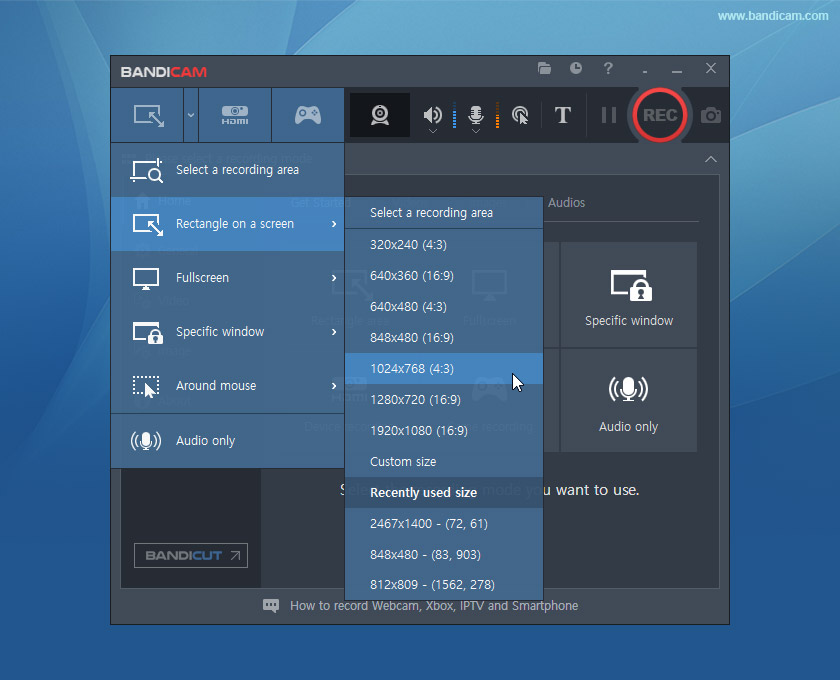

Internet Download Manager can dial your modem at the set time, download the files you want, then hang up or even shut down your computer when it’s done. You can also drag and drop files, or use Internet Download Manager from command line. IDM integrates seamlessly into Microsoft Internet Explorer, Netscape, MSN Explorer, AOL, Opera, Mozilla, Mozilla Firefox, Mozilla Firebird, Avant Browser, MyIE2, and all other popular browsers to automatically handle your downloads. Internet Download Manager supports proxy servers, ftp and http protocols, firewalls, redirects, cookies, authorization, MP3 audio and MPEG video content processing. Unlike other download managers and accelerators Internet Download Manager segments downloaded files dynamically during download process and reuses available connections without additional connect and login stages to achieve best acceleration performance. Simple graphic user interface makes IDM user friendly and easy to use.Internet Download Manager has a smart download logic accelerator that features intelligent dynamic file segmentation and safe multipart downloading technology to accelerate your downloads.

Comprehensive error recovery and resume capability will restart broken or interrupted downloads due to lost connections, network problems, computer shutdowns, or unexpected

Since October 2017, Project Copernicus has released a new version of for Linux and Macosx, named 3.6.Internet Download Manager (IDM) is a tool to increase download speeds by up to 5 times, resume and schedule downloads. Although not strictly a stable release, the location of bugs was given. The open-source version of 3.3.0 was released as a stable version in April 2013, available for Windows, macOS, and Linux as well as Android, Maemo, and IBM's SmartOS. 3.3.0 features improved support for modern technologies, such as JavaScript. Unlike 2.4.2, both open-source and commercial editions of 3.2 were available, with the open-source edition shipped as part of various Linux distributions. In November 2010, Google released an open-source office suite for Windows and Linux based on the project, along with the office suite Google had used in Chrome OS for mobile devices. 3.2 was ported to the Ubuntu Linux distribution at the same time. A release of 3.2 was made for OpenSuSE 10.1 on October 23, 2010. In September 2010, IBM promised an open-source office suite for Linux called 3.2, which would be based on the same code as the commercial programming platform from Sun Microsystems.


 0 kommentar(er)
0 kommentar(er)
